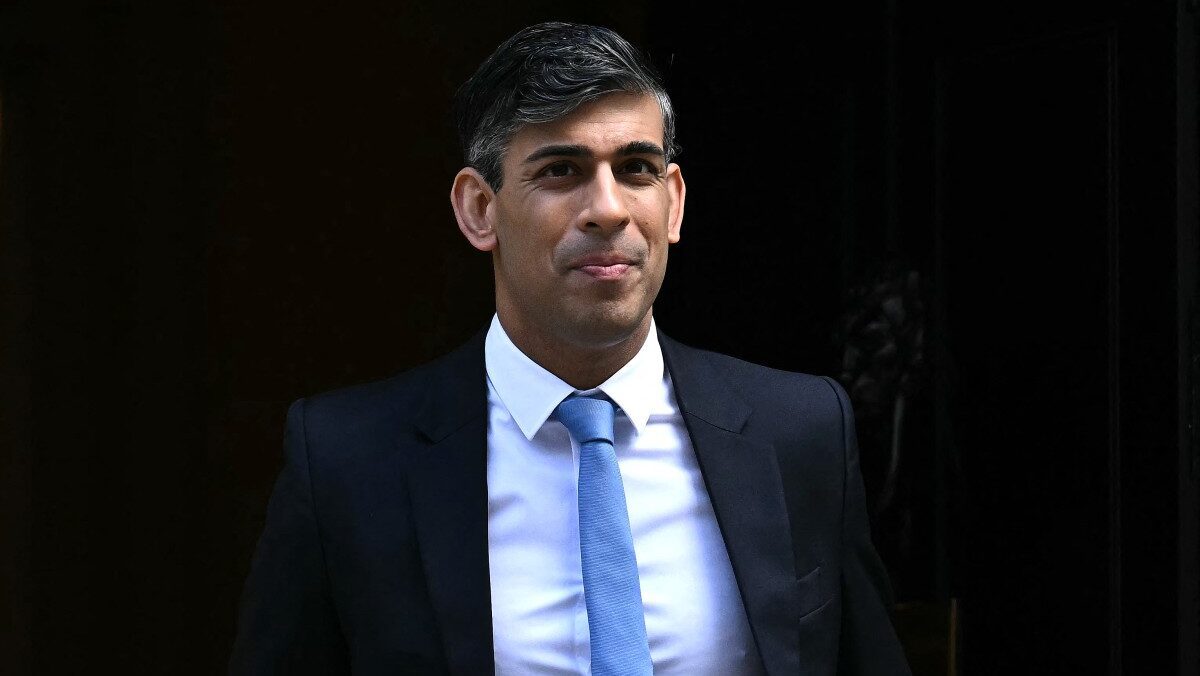
Britain’s Prime Minister Rishi Sunak leaves 10 Downing Street in central London on April 17, 2024.
Photo: Ben Stansall / AFP
Rishi Sunak’s government secured a rare victory on Tuesday when MPs voted overwhelmingly in favour of his smoking ban—dubbed the “toughest” in the world.
Critics warn that the legislation will create a “two-tiered” society, as the selling of tobacco to those born after January 1st, 2009 will be illegal in England. A similar plan was dropped by the government of New Zealand earlier this year. Former UK health secretary—and cigar enthusiast—Lord Clarke has also warned that the ban “may prove very difficult to enforce.”
Yet, just 16% (57) of Tory MPs voted against the legislation, allowing the ban to pass its first major parliamentary stage on Tuesday night. Earlier suggestions that around 100 Conservative backbenchers could snub Sunak and vote against the measures were over-hyped, even though it was a free vote (meaning Conservative MPs were not pressured by their party’s whips to vote one way or the other).
Sunak was helped by the fact that 160 Labour MPs voted for the legislation (they, unlike their Tory counterparts, were whipped to do so) and zero voted against it.
A total of 178 Conservative parliamentarians voted in favour of the smoking ban, while 106 abstained. Party sources have told the PoliticsHome website that some of these abstainers are simply hoping to secure concessions from the government further down the line. But this would likely only see tobacco products that they enjoy more—such as cigars—protected against restrictions.
Wednesday’s Times Red Box newsletter also pointed out that the vote was a bad day for the “Tory campaign chief’s ‘divided parties fail’ mantra” since among those voting against the ban were six Conservative Party ministers. Party bigwigs Suella Braverman (the former home secretary), Robert Jenrick (the former immigration minister) and current Business Secretary Kemi Badenoch, who is often touted as a possible future leader of the party, have led the opposition to what is being described as Sunak’s ‘flagship’ health policy.
But in the end, none of this will matter. Even if the legislation is not completed before the Conservatives lose the next general election, it will likely then be put into action fairly swiftly by the next (pro-tobacco ban) Labour government.
